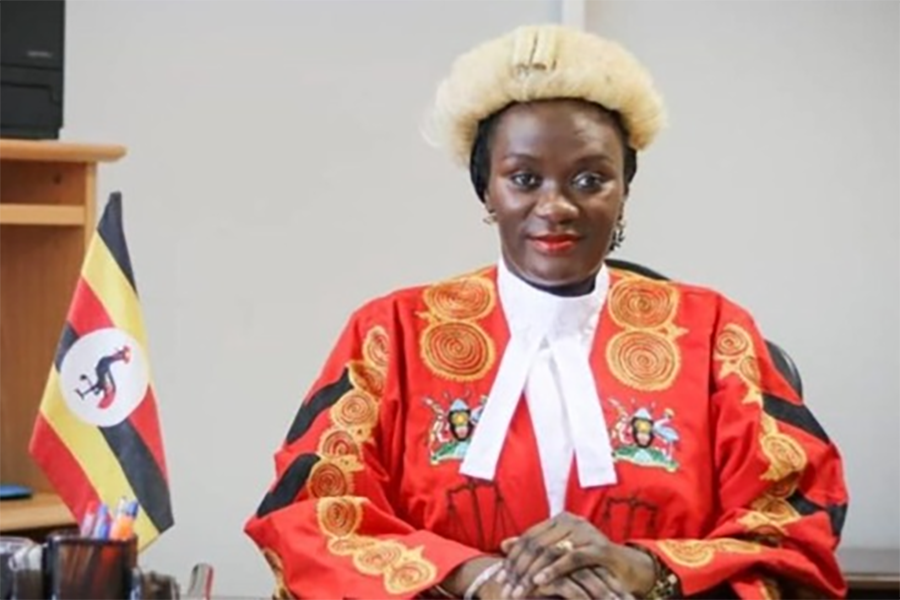The Ugandan government has officially extended the application of the Transfer of Convicted Offenders Act to the United Kingdom, in what legal analysts say is a significant step toward facilitating the return of convicted Ugandan judge, Lady Justice Lydia Mugambe
On March 13, 2025, the Oxford Crown Court found Mugambe guilty on four counts: trafficking a Ugandan woman to the UK under false pretenses, forced labour, an immigration offense, and conspiracy to intimidate a witness.
Now, through Statutory Instrument No. 37 of 2025—The Transfer of Convicted Offenders (Application of Act to the United Kingdom) Instrument signed by Justice and Constitutional Affairs minister Norbert Mao on April 3 and gazetted on April 14, Uganda and the UK have formally established a legal framework to transfer convicted individuals between the two countries.
The instrument allows for the mutual relocation of prisoners to serve their sentences in their home countries, particularly between Uganda and fellow Commonwealth nations.
While the Act itself (Cap 134) has long existed, its application to the UK is a new and critical development.
Fast-tracked for Mugambe?
Legal sources have suggested that the statutory instrument was expedited specifically to enable Mugambe’s return to Uganda to serve her sentence. Mugambe, 49, who was pursuing a Doctorate in Law at the University of Oxford, was arrested in August 2024 and has remained in custody in the UK since then.
During the trial, lead prosecutor Caroline Haughey argued that Mugambe had exploited the victim’s vulnerability and ignorance of her rights. Despite denying all charges, Mugambe was convicted and is scheduled to be sentenced on May 2, 2025.
ack home in Uganda, the case has sparked intense debate in legal circles. Some observers claim the judge was blackmailed by her maid, while others argue the new statutory instrument is a tailor-made legal tool designed specifically for her benefit.
“Universities owe us a tuition refund,” said one Ugandan lawyer familiar with the matter, speaking on condition of anonymity. “They taught us that laws operate in rem, not in personam—but everything in practice seems determined by who, not what. This law is meant to save Justice Mugambe.”
Another legal source confirmed that preparations are already underway to transfer Mugambe back to Uganda under the new arrangement. When contacted, Simon Peter Jamba, spokesperson for the ministry of Justice and Constitutional Affairs, confirmed the authenticity of the statutory instrument but declined to comment on Mugambe’s case, saying he was “not in position to speak on the matter at the time.”
The Transfer of Convicted Offenders Act (Cap 134) permits the transfer of convicted persons between Uganda and other participating Commonwealth countries, allowing them to serve their prison sentences closer to home.
The law outlines conditions for such transfers, including consent from the prisoner and agreement between both states. Mugambe’s conviction has raised questions not only about the administration of justice but also about the selective application of laws and diplomatic relations between Uganda and the UK.
Notably, Mugambe had also been appointed as a United Nations judge in May 2023, a role she held prior to her arrest.


